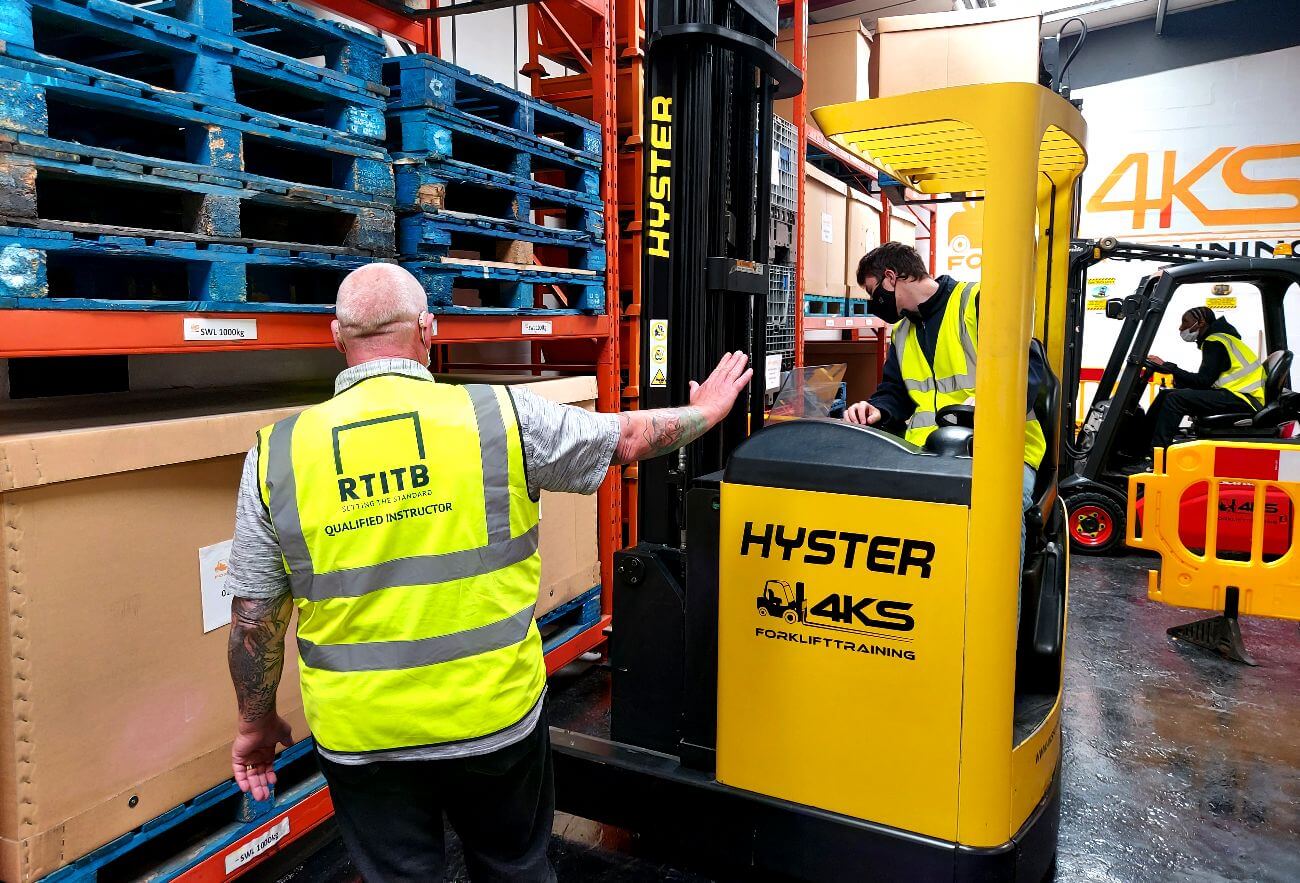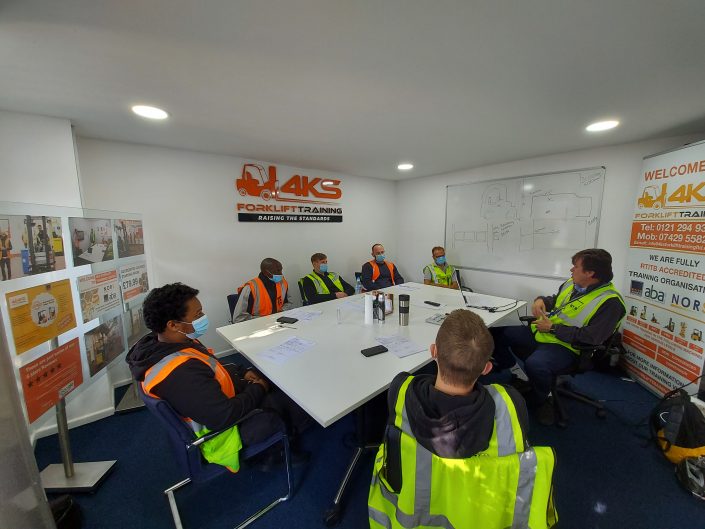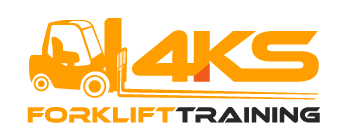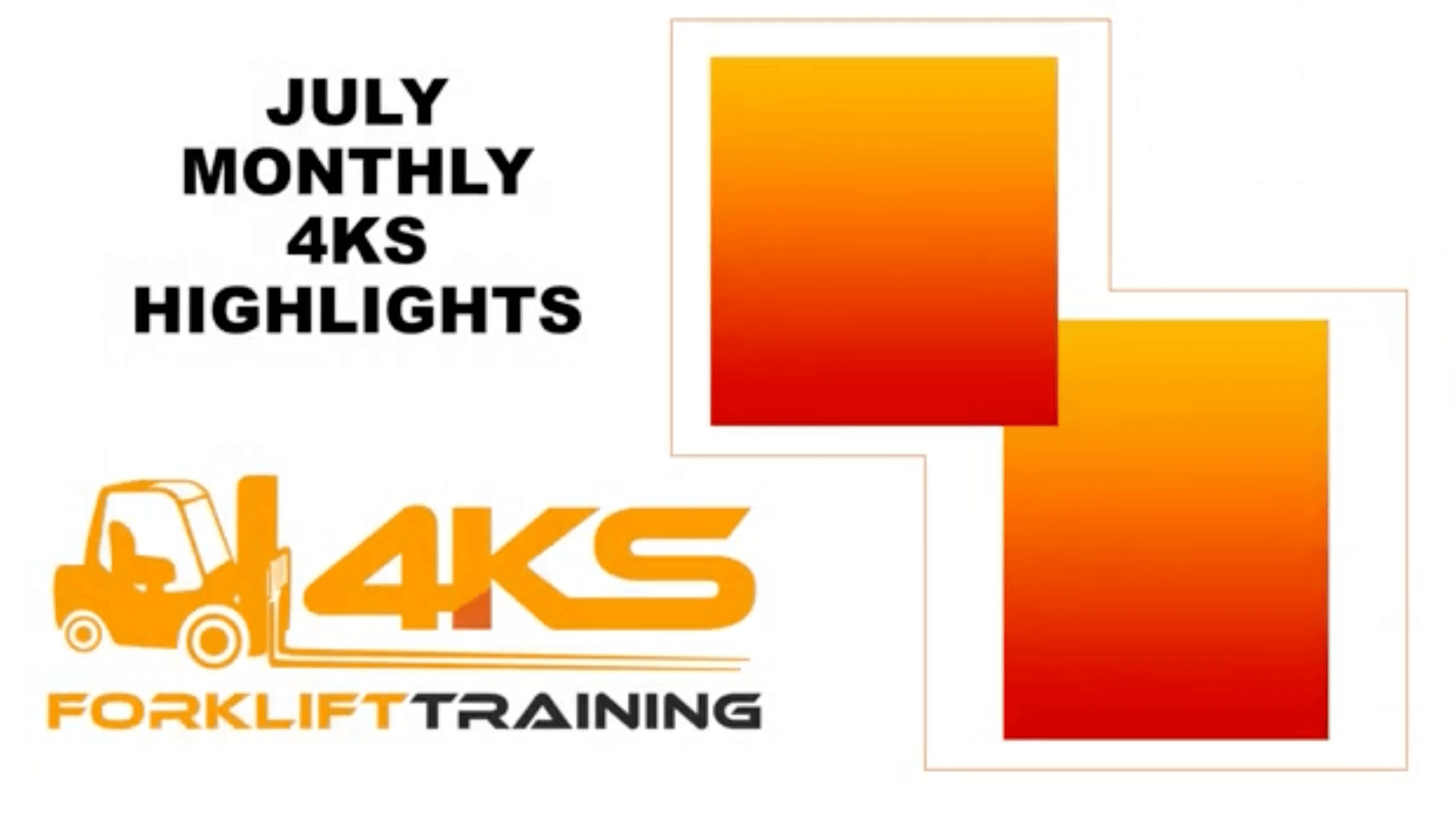
2 most overlooked elements of forklift training
Most companies accept the need for basic forklift operator training, but a recent survey has revealed that almost one third of respondents failed to deliver the two key follow-up stages: specific job training and familiarisation training.
All three stages are vital, but the latter are often overlooked, even though without them, operators may not be safe to work on your site and should not be given authorisation to do so.
Not only are these two elements essential for safety reasons, they are also a firm requirement under the Approved Code of Practice for Rider-operated lift trucks — known as L117. By adhering to its guidance, you’ll help ensure you are complying with the law.
So, first things first, what are specific job and familiarisation training, and what’s the difference?
Specific job training
- the operating principles and controls of the lift truck to be used
- routine inspection and servicing of that truck
- use of the lift truck in conditions that the operator will meet at work
- instruction on site rules
- training in the work to be carried out
- safe systems of work
Familiarisation training
This takes place on the job and under close supervision, by someone with appropriate knowledge. This is where the operator can apply what they have learnt to normal working conditions in the context of their day-to-day tasks. It could include:
- applying the skills already learned in basic and specific job training
- becoming familiar with the lift truck activities of the employer
- any other feature of the work which it is not practicable to teach off the job, e.g. site layout or local emergency procedures

Specific job training and familiarisation training shouldn’t be considered a luxury or even optional, they ensure you are meeting your legal requirements. Not completing them means you’ll be at higher risk of accidents, injuries and costly damage, and you’ll lose out on some serious safety, productivity and profitability benefits. At 4KS, our forklift training courses include all the steps to ensure your staff is fully equipped to handle the real-world scenarios.
It also means your operators will miss out on the close supervision they need in their first weeks to ensure they’re working safely – which shouldn’t be taken lightly, as statistics show a new starter is more than three times more likely to be injured in the first six months of employment than a long-standing member of staff.
Delivering all three types of training really is in everyone’s best interests. By fully equipping your workforce with the skills, knowledge and confidence to work as safely and efficiently as possible, you’ll ensure your business meets its requirements too – it’s win-win!
Find out more about how we can help you meet your requirements – contact us for more information.





